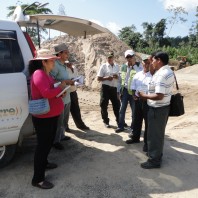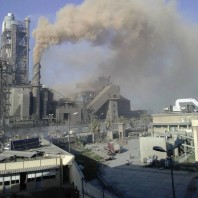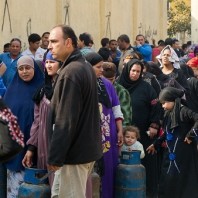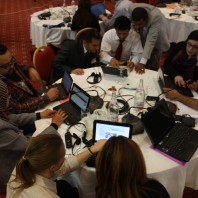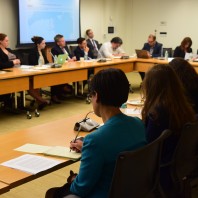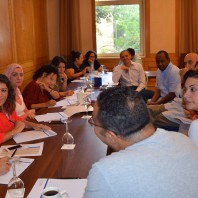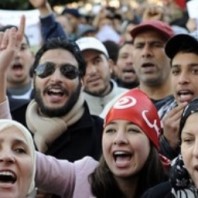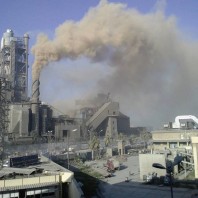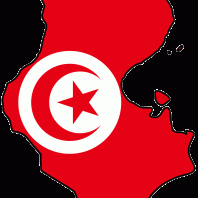BIC Rebuttal to the World Bank’s Response to BIC’s case studies on Development Policy Operations in Peru, Egypt, Mozambique, and Indonesia March 2017 In January 2017, the Bank Information Center (BIC) along with international and local partner organizations published a report and four case studies on seven World Bank policy lending investments in Peru, Egypt, …
The risks associated with development projects often fall disproportionately on the communities in close proximity to project implementation sites, communities that in some cases are the same groups that projects aim to benefit and serve. These local communities are uniquely placed to see and feel project risks and impacts on a day to day basis, and to …
When a community faces negative impacts due to a development project, systematic and consistent documentation of verifiable indicators of the impacts can support their efforts to hold development implementers accountable to their own standards, and can lend legitimacy to their advocacy for changes in the project. In the Wadi al-Qamr neighborhood in Western Alexandria, Egypt, …
Community surveys can be a useful tool for gauging a range of experiences and potential concerns across multiple individuals, and for identifying potential issues for further follow up when monitoring the implementation of development projects. Community surveys were used by civil society groups in Upper Egypt to identify community concerns and experiences engaging with project …
In a meeting held with civil society representatives from Arab countries during the October 2016 World Bank/IMF annual meetings, Hafez Ghanem, the World Bank’s Vice President for the Middle East and North Africa, announced progress in easing access to Arabic documents on the World Bank’s website. The Middle East and North Africa Department is the …
On Friday, October 7, 2016 civil society and World Bank representatives gathered to discuss the Tunisian experience of development and decentralization. In the aftermath of the revolution and the new constitution in Tunisia, the Government has made strong commitments to make their vision of a participatory decentralized democratic state a reality. Development agencies such as …
From September 23 to 25 2016, 33 individuals representing civil society organizations from Egypt, Tunisia, Yemen, Iraq, Lebanon, Morocco, and Jordan met in Beirut Lebanon in September 2016 to discuss how participants can build on the experiences of their colleagues in other MENA region countries, as well as strategies and modes of engagement with the …
In the aftermath of the revolution and the new constitution in Tunisia, the Government has made strong commitments to make their vision of a participatory decentralized democratic state a reality. Development agencies such as the World Bank have stepped up to support this transition by financing the Urban Development and Local Governance Program, a $300 …
Wadi Al Qamar near Alexandria, Egypt. Photo: © http://bit.ly/2aHaT3J In April 2015, the Compliance Advisor/Ombudsman – the International Finance Corporation (IFC)’s independent accountability mechanism – received a complaint from Egyptians living in Wadi al-Qamar, concerning the IFC-financed Titan cement plant and its incompatibility with IFC’s environmental and social requirements, including its violation of Egyptian national …
Ce message est également disponible en: arabe Ce message est également disponible en: anglais Le 17 mai 2016, le Groupe de la Banque mondiale a publié le Cadre de Partenariat Pays (CPP) de la Tunisie pour la période 2016-2020. Ceci a formellement conclu le processus d’élaboration du CPP qui a débuté en Janvier 2014. La version finale …


